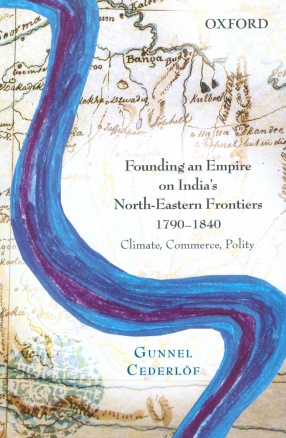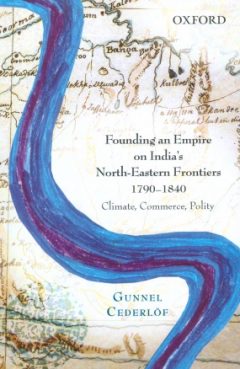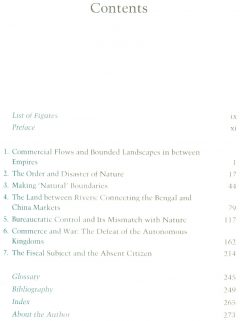Moving away from the subcontinental Indian mainland to the varied social ecologies of Sylhet, Cachar, Manipur, Jaintia, and Khasi Hills, this study offers a much-needed reframing of regional histories of South Asia. It explores the unsettled half-century from the 1790s to the 1830s when the British East India Company, in its attempt to control commercial trade routes connecting India, Burma, and China, strove to establish a colonial administration over the north-eastern frontiers.
A region where the river courses shifted and cultivated fields turned into lakes in the monsoons, and seasonal changes required highly flexible and varied livelihood strategies, the East India Company stepped into the shoes of the existing Mughal administration with great difficulty. The book explores both the enabling and constraining conditions of climate and ecology to understand the role of daily administration in shaping subject formation. Challenging the conventional understanding of the founding of the colonial state in India, it reconnects histories of space and polities to provide rare insights into the lesser-known formative years of the East India Company rule.







There are no reviews yet.